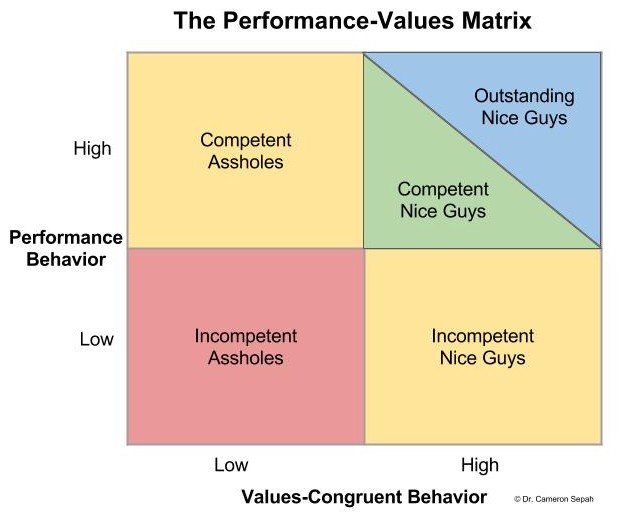~Antoine de Saint-Exupéry; Tierra de los hombres, 1939
"El uso de una herramienta inteligente no te ha convertido en un aburrido técnico. Me parece que esos que tanto se espantan de nuestros progresos confunden el fin con los medios. En efecto, quien siembra con la única esperanza de lograr bienes materiales no logra nada por lo que valga la pena vivir.
La máquina no es un fin.
El avión no es un fin: es una herramienta. Una herramienta como el arado.
Si creemos que la máquina echa a perder al hombre es, tal vez, porque
nos falta un poco de perspectiva para poder emitir un juicio sobre las consecuencias de cambios tan rápidos como los que nos ha tocado vivir.
¿Qué son cien años de historia de la máquina frente a los doscientos mil años de historia del hombre? Acabamos de instalarnos en este paisaje de minas y centrales nucleares. Acabamos de mudarnos a esta nueva casa, que todavía no hemos ni siquiera terminado de edificar. A nuestro alrededor todo ha cambiado muy deprisa: relaciones humanas, condiciones de trabajo, costumbres. Hasta los fundamentos de nuestra psicología se han visto sacudidos. Las palabras separación, ausencia, distancia, regreso, aunque son las mismas, ya no remiten a las mismas realidades. Para aprehender el mundo de hoy usamos un lenguaje creado para el mundo de ayer, y nos parece que la vida del pasado se adecúa mejor a nuestra naturaleza porque responde mejor a nuestro lenguaje.
Cada progreso nos ha alejado un poco mas de unas costumbres que todavía no habíamos tenido tiempo de adquirir,
por lo que somos auténticos emigrantes que aun no han podido fundar su patria.
Todos somos como jóvenes ingenuos que se siguen asombrando frente a juguetes nuevos. Por eso competimos con los aviones: éste sube más alto, ése vuela más rápido. Olvidamos el motivo por el que los hacemos volar.
La carrera cobra más importancia que el destino,
y siempre ocurre lo mismo. Para el infante del ejército colonizador que funda un imperio, el sentido de la vida es conquistar. El soldado desprecia al colono, pero ¿acaso esa conquista no se lleva a cabo para que el colono pueda afincarse? Del mismo modo, al exaltar nuestros progresos, nos servimos de los hombres para trazar vías férreas, para erigir fábricas, para perforar pozos de petróleo. Casi habíamos olvidado que hacíamos esas obras para que sirvieran a los hombres. Durante la conquista nuestra moral fue una moral de soldados, pero ahora tenemos que colonizar, tenemos que llenar de vida esta casa nueva, que todavía no tiene rostro. La verdad fue, para uno, edificar; la verdad es, para otro, habitar.
Así, poco a poco, nuestra casa se hará más humana. Incluso la máquina, cuanto más se perfecciona, más se difumina detrás de su función. Parece que todo el esfuerzo industrial del hombre, todos sus cálculos, todas las noches en vela encima de los planos, sólo conduzcan de modo visible a la sencillez. Parece que se necesite toda la experiencia de varias generaciones para perfilar lentamente la curva de una columna, de un casco de barco, de un fuselaje de avión, para lograr la pureza primigenia de un seno o de un hombro. Parece que el trabajo de los ingenieros, de los delineantes, de los analistas del centro de estudios, consiste, aparentemente, en borrar y pulir, en aligerar aquel empalme, equilibrar esta ala hasta que ya no se la note, hasta que ya no sea un ala incrustada en un fuselaje, sino una sola forma que, perfectamente lograda, se ha desprendido de su ganga; una forma que sea como un conjunto misteriosamente ensamblado, espontáneo como un poema.
Parece que la perfección se alcanza no ya cuando no queda nada por añadir, sino cuando no queda nada por suprimir. Al término de su evolución, la máquina se disimula.
De esta forma, la perfección del invento reside en la ausencia de invención. Y así como en el instrumento se ha ido borrando cualquier mecánica visible, por lo que disponemos de un objeto tan natural como un guijarro pulido por el mar, el manejo de la máquina, admirablemente, consigue que nos olvidemos de ella.
En otro tiempo teníamos que trabajar con un artefacto complicado. Actualmente nos olvidamos de que un motor gira. A fin de cuentas cumple con su función, la de girar, así como un corazón palpita y no por ello nos fijamos en el nuestro.
La herramienta ya no absorbe nuestra atención, más allá de sí misma, y gracias a ella encontramos nuestra auténtica naturaleza,
la del jardinero, la del navegante o la del poeta."




